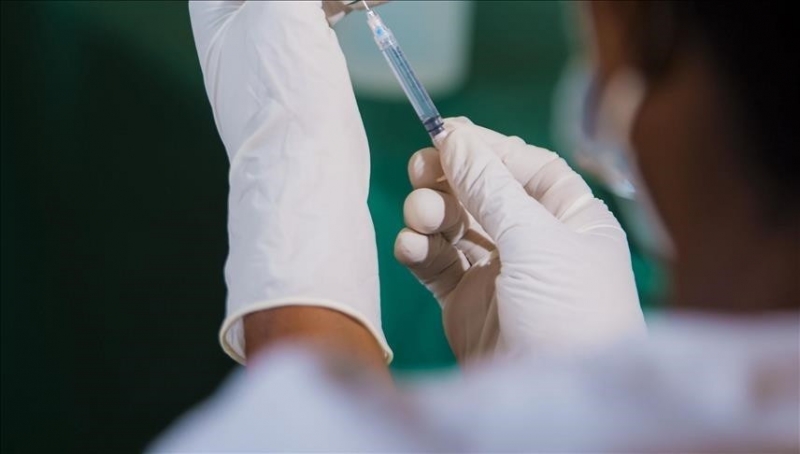In an interview given on June 20 to the L’Initiative website, a partner of the Global Fund, the permanent secretary of the National Malaria Control Program (PNLP) sets out Cameroon’s prospects in the fight against this pandemic.
“In the short term, our objective is to consolidate the decline in malaria-related mortality and morbidity. In the medium term, we aim for sustainable elimination of the disease, based on the strategies established in our strategic plan and with the continued support of the Global Fund and L’Initiative,” says Joël Ateba. For the moment, Cameroon remains among the countries most affected by malaria on the continent. PNLP figures indicate nearly 3 million cases per year. “This disease represents approximately 28% of all medical consultations and is responsible for 7 deaths per 100,000 inhabitants each year. Although mortality has significantly decreased in recent years, morbidity remains high,” describes Joël Ateba in his epidemiological report.
However, he acknowledges that Cameroon can improve this situation thanks to the “continued support” of the Global Fund. Cameroon has never hidden the fact that it needs funding from this structure, which spends more than $4 billion worldwide each year, or nearly 2,500 billion FCFA, to fight AIDS, tuberculosis and malaria. To continue to benefit from Global Fund funds, Yaoundé has submitted a new funding request for the activities of the PNLP. At the beginning of the year, the Global Fund launched a new phase of grants, and to be eligible, each country must first submit a funding request.
The only downside is that a case of “potentially non-compliant expenditures” related to the recent grant threatens to cast a shadow over the partnership between Cameroon and the Global Fund. The blog L’Urgentiste, run by journalist Olive Atangana and specializing in health news, recently revealed that the Global Fund is asking Cameroon to justify or reimburse a sum of more than 668 million FCFA used for the supply of health products related to the fight against malaria. For the moment, the Minister of Public Health (Minsanté) has not made any statement on this matter.
SBBC

